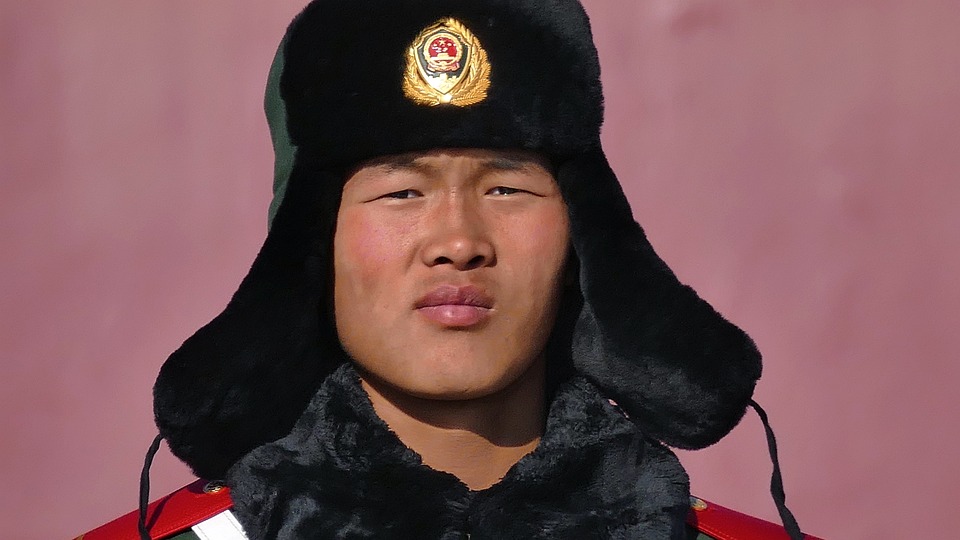Introduction
In the current political landscape, many activists and organizers are looking to revamp and modernize Marxist theories, especially those of Mao Zedong, to address contemporary struggles. Maoist theory, developed in the early to mid-20th century by the Chinese communist leader, has been historically central to revolutionary movements across the globe. However, as we face new challenges and navigate complex power dynamics, it is crucial to adapt and evolve these theories for the present moment.
Lessons from the Past
The Agricultural Revolution
One key aspect of Maoist theory that remains relevant today is its emphasis on the revolutionary potential of the peasant class. Mao’s focus on the agrarian revolution and the importance of mobilizing rural populations for social change highlights the power of grassroots organizing and the significance of class struggle. In an era where income inequality is rampant and rural communities are often marginalized, these lessons from Maoist theory can inform contemporary campaigns for social justice.
The Mass Line
Another crucial concept in Maoist theory is the idea of the “mass line,” which emphasizes the importance of listening to and learning from the masses in order to develop effective revolutionary strategies. This approach underscores the necessity of building strong connections with the working class and oppressed communities, as well as centering their voices and experiences in our organizing efforts. By incorporating the mass line into our contemporary struggles, we can ensure that our movements are rooted in the needs and desires of those most impacted by systemic oppression.
Visions for the Future
New Forms of Organization
As we reimagine Maoist theory for the 21st century, it is important to consider new forms of organization and resistance that align with the current political landscape. While traditional tactics such as mass protests and strikes remain valuable tools for social change, we must also explore innovative strategies that reflect the realities of the digital age. This could involve utilizing social media for mobilization, implementing decentralized organizing structures, and fostering solidarity across borders through online networks.
Intersectionality and Identity Politics
In order to address the complex issues of race, gender, and sexuality in our struggles, we must integrate principles of intersectionality and identity politics into our revamped Maoist theory. By acknowledging the interconnected nature of different forms of oppression and centering the experiences of marginalized groups, we can build more inclusive and effective movements for social transformation. This requires us to challenge traditional conceptions of class struggle and embrace a broader understanding of liberation that encompasses various aspects of identity.
Challenges and Considerations
The Legacy of Authoritarianism
One of the primary criticisms of Maoist theory is its association with authoritarianism and centralized control. While there are valuable lessons to be gleaned from Mao Zedong’s writings and actions, we must also be critical of the ways in which his leadership style contributed to the suppression of dissent and the consolidation of power. As we update Maoist theory for contemporary struggles, it is essential to prioritize principles of democratic decision-making, internal accountability, and transparency within our organizations.
Globalization and Neoliberalism
In the face of neoliberal globalization and the erosion of workers’ rights, we are challenged to adapt Maoist theory to address the changing economic landscape. The rise of multinational corporations, trade agreements, and financialization presents new obstacles to traditional forms of class struggle. To confront these challenges, we must develop transnational solidarity networks, engage in anti-imperialist struggles, and forge alliances with other social movements. By reimagining Maoist theory as a framework for international solidarity, we can build a more powerful and coordinated resistance to neoliberal capitalism.
Conclusion
In conclusion, the revamping of Maoist theory for contemporary struggles requires a critical engagement with the lessons of the past, a visionary approach to the future, and a commitment to addressing the challenges of our time. By drawing on core principles of Maoist theory, such as the importance of grassroots organizing, the mass line, and class struggle, we can develop a transformative political practice that speaks to the urgent needs of our era. As we navigate an increasingly complex and interconnected world, the reinvigoration of Maoist theory offers a powerful framework for building solidarity, resistance, and liberation in the face of oppression.




